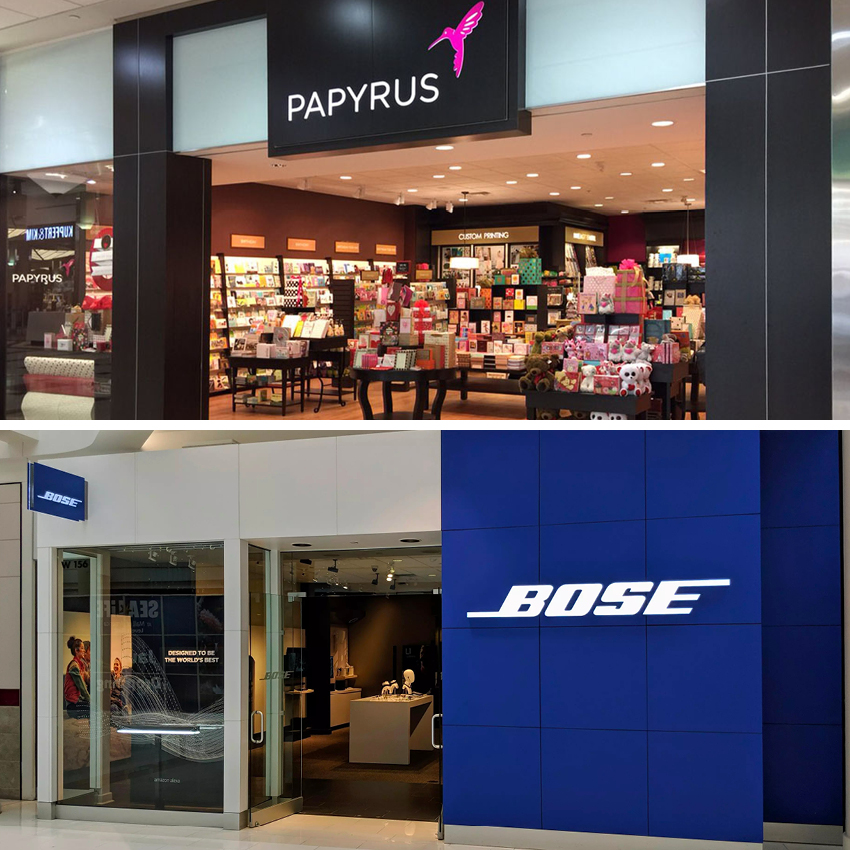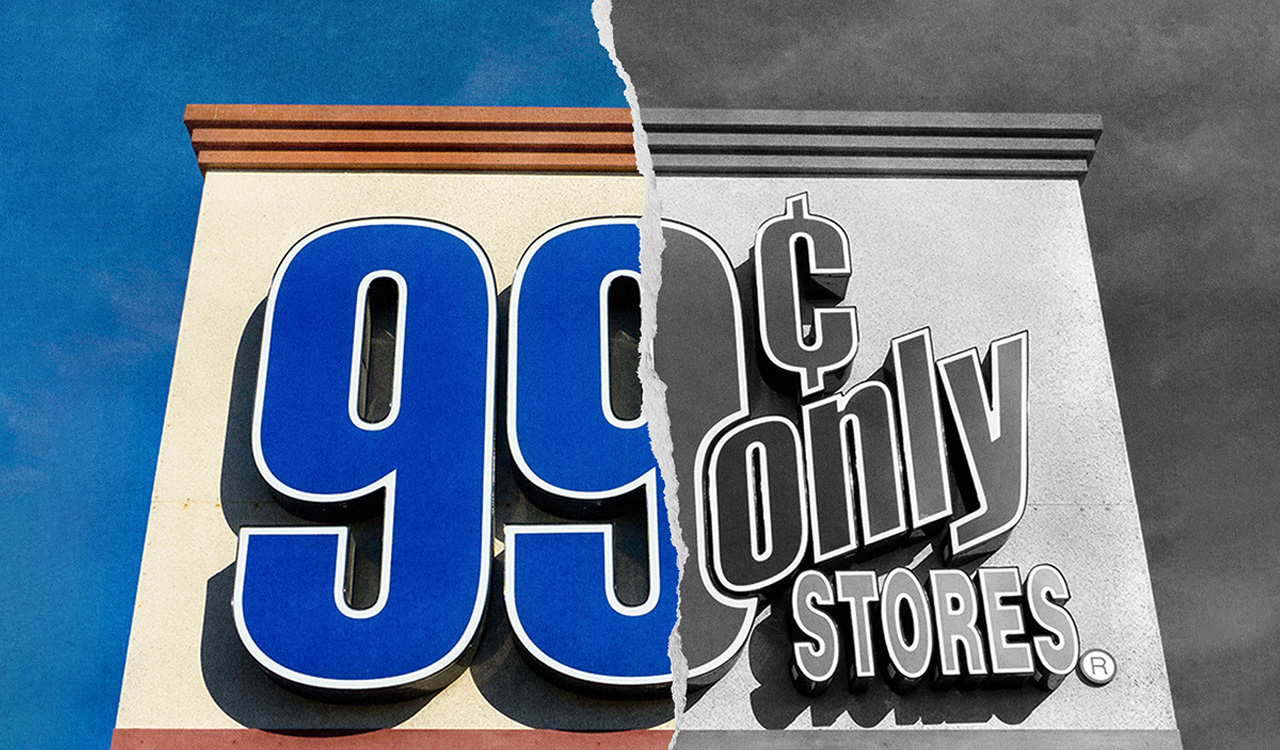At first glance, the two couldn\’t be more different. One sold high tech audio equipment, the other stylish, nostalgic paper products. One was a pioneer in the concept of giving shoppers a hands-on experience with an expensive, technical product. The other was a reboot, flying counter to the prevailing winds that saw its core business decimated by digital communications. One would continue to sell its merchandise online; the other\’s future is somewhat more uncertain.
But does the news of the closings of all 119 Bose stores in the U.S, Europe, Japan and Australia and Papyrus confirming shutting down its entire 260-unit retail operation in the U.S. have more in common than just timing? Perhaps.
Retail Redo
Certainly, American physical retailing is under attack in a way that\’s never happened before in the history of the business. A combination of the online onslaught, changing demographics that seem to indicate a decline in the purchases of discretionary products and an economy that stubbornly continues to retard consumer spending has meant a radical reordering of the retail landscape.
[callout]Does the news of the closings of all 119 Bose stores in the U.S, Europe, Japan and Australia and Papyrus confirming shutting down its entire 260-unit retail operation in the U.S. have more in common than just timing?[/callout]
The results have been unprecedented waves of store closings, the demise of legacy retailing companies and the explosion of e-commerce led by Amazon but supplemented by all manner of online sellers, large and small. Against this backdrop, specialty retailers have, remarkably, fared better than many larger, more general merchandiser operations. Often able to move faster, focus on a concentrated product mix and without massive overheads, they have, in many cases, found success where others have not.
Sounds Like a Good Idea
The consumer electronics company best known for its noise-cancelling headphones, Bose opened its first store in 1993, well before internet selling took hold and eight years before Apple rolled out its first store. The idea of a retail store where consumers could try out products without the hassles of a big box where the displays were often as limited as the sales help was somewhat radical. Later on, it took on even more of a role as a place where shoppers could test out products and then order them online.
Ironically, e-commerce was cited by the company as one of the key reasons for the store shutdown as more and more of its sales are transacted online.
Pick a Card
For Papyrus, the situation is very different. Even though the greeting card and paper goods company has been in business since 1950 and opened its first store in 1973, it\’s only been since 2006 that it has dramatically expanded its physical footprint. Parent company Schurman Retail Group bought the Carlton Card Retail operation in 2009 and has been operating its stores under a variety of names since.
What happened at Papyrus isn\’t totally clear. The company cited \”current challenges of the retail industry,\” which could cover a wide range of problems from e-commerce to high rents. Indeed the online newsletter, pymts.com reported, without disclosing its source, that \”Schurman had been attempting to renegotiate lease terms for its stores, but apparently not enough concessions were made to help save the company\’s locations.\”
Even though the paper greeting card business has stabilized, the upscale premium portion of the market where Papyrus played – with highly-crafted cards often costing $6, $7 or even $10 each, expensive by CVS greeting card standards, may have been too small to support a chain of this size. Its stores, while usually under 1,000-square-feet, were often located in high-cost malls and urban locations.
The company has brought on Gordon Brothers to do the dirty work of liquidating inventory but it\’s not clear if it will continue online or with its wholesale business.
A Retail Connection?
So, what is the common thread between the two? Is there one? Looking at the big picture there is in fact a connection and it comes down to two of the most basic tenets of retailing itself: be special and be profitable.
For Bose, there were just too many other options for shoppers while the need for technical assistance in making a purchase is not what it once was. Putting those two factors together, customers didn\’t need Bose stores to buy Bose products. Online was fine and the emergence of Best Buy as a trusted advisor meant the diminishing number of people who still needed some handholding could be accommodated there. Bose never found a worthwhile replacement reason for its retail existence when that basic premise receded. The result: Bose stores were no doubt not making the kind of money needed to justify their existence.
For Papyrus, the path was different, but the end result was the same. Certainly, electronic greeting cards continue to be a compelling option for many people but even for those who want a luxe paper choice, there are just too many other places to buy one, including the Papyrus brand, now sold at Target. The gift assortment wasn\’t unique enough either to bring in customers. So even those modest-sized stores probably just weren\’t paying the bills.
Certainly, there are similar specialty retailers who are making the formula work but for these two companies, the physical world is just not the solution. The margin for error in the retailing business has never been slimmer and there is virtually no room for mistakes or for not keeping current. Bose and Papyrus are learning this lesson the hard way.
Warren Shoulberg didn\’t do a very good job supporting either of these erstwhile retailers.




